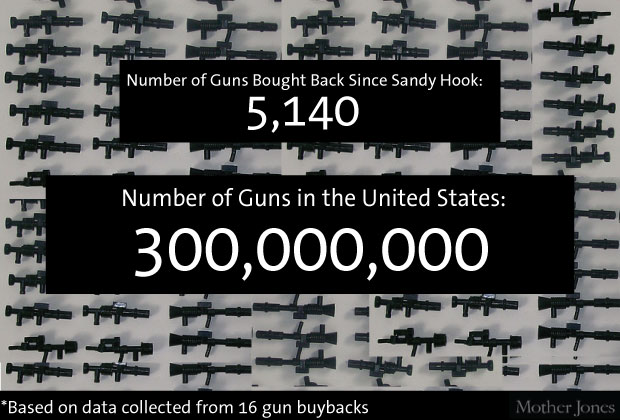When Senator Carl Levin (D-Mich.) and his staff briefed reporters Tuesday on their six-month investigation into Blackwater subsidiary Paravant, ahead of a hearing on the topic scheduled for this morning, the chairman of the armed services committee was asked whether the findings of the probe had given him any ideas about strengthening the contracting “procedures” currently in place. His response didn’t make it into my story, but it’s worth sharing:
What you need is oversight and hopefully this hearing is going to lead to dramatically better oversight, as well as much more care with who we contract with, looking at backgrounds of contractors before we contract with them, so I would say that the deterrent effect will be forthcoming. I don’t see that we need new rules. What we need is an implementation of contract terms. And much more care as to who we contract with.
I’m pretty sure I wasn’t the only reporter in the room whose ears perked up when Levin mentioned that additional regulations are unnecessary. After all, he’d just spent more than ten minutes detailing a colossal oversight lapse, in which military officials not only failed to investigate Paravant after one contractor accidentially shot another in the head, but were apparently unaware such an episode had even been reported to them. And here I thought Levin was building his case for a raft of new regs.
In this case, Levin’s committee stepped in to provide oversight that was apparently almost nonexistent on the ground. But I’m not convinced today’s hearing is going to have the deterrent effect Levin hopes it will. After all, numerous hearings, congressional investigations, and exposés haven’t done much to prevent contractors from engaging in shocking misconduct. As for Blackwater (or Xe as it’s know known), the company has weathered so many serious scandals that it could easily make it through this one unphased and mostly unscathed.
It goes without saying that contract terms need to be better enforced and that the private sector personnel representing the US overseas need to be selected with utmost care—but after repeated failures on both of these fronts something’s gotta give, no?
On Monday, the office of Iraq IG Stuart Bowen released a plan that would overhaul wartime contracting by consolidating the management, funding, and oversight of contractors within a single agency, called the US Office for Contingency Operations (or USOCO). I asked Levin what he thought of Bowen’s plan in light of the oversight lapses his committee had identified. “It seems reasonable to me,” he responded.
If Levin thinks the idea has merit, Bowen could surely use his backing for the plan, which will require congressional legislation. As it stands, State and the Pentagon have already registered their objections.
Coincidentally, as Levin’s committee convenes its hearing on Paravant at 9:30 a.m., Bowen will simultaneously be pitching his plan to the House Subcommittee on International Organizations, Human Rights and Oversight. He may want to reference Levin’s Paravant investigation to make his case.













